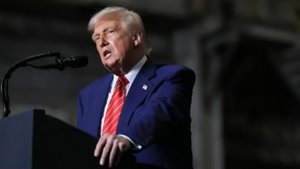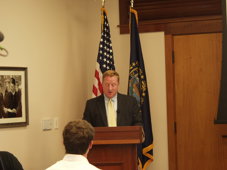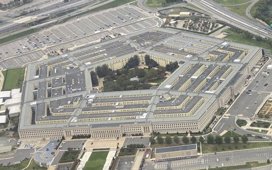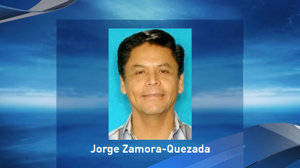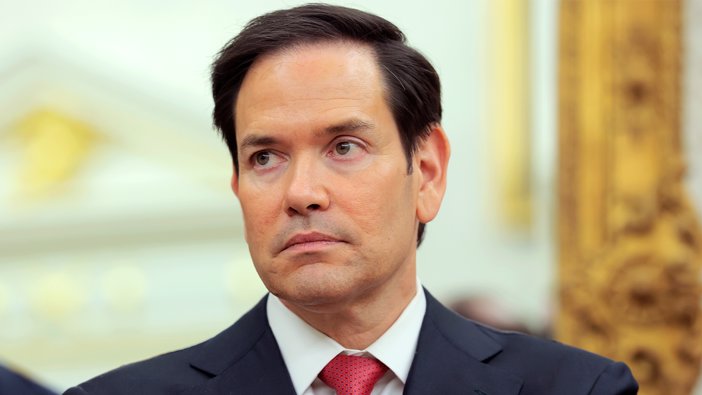
U.S. Recalls Envoy from Colombia Amid Diplomatic Row
U.S. recalls Bogotá envoy for urgent talks after Colombian officials’ “baseless” remarks strain diplomatic ties.
U.S. Recalls Top Diplomat from Colombia
Secretary of State Marco Rubio has recalled the Chargé d’Affaires ad interim from the U.S. Embassy in Bogotá, Colombia, citing “baseless and reprehensible statements from senior Colombian government officials.” The announcement, made Thursday, underscores a new chapter of tension in the longstanding relationship between the two nations.
John T. McNamara, who had been serving as the top U.S. diplomat in Colombia, was called back to Washington for urgent consultations. In a statement, the State Department emphasized its deep concern regarding recent remarks by Colombian officials and stressed that the recall signals the seriousness with which the U.S. regards these developments. “In addition to the recall of the Chargé, the United States is pursuing other measures to make clear our deep concern over the current state of our bilateral relationship,” the statement read.
Despite acknowledging policy differences with Colombia’s current government, the State Department reiterated the country’s status as a vital strategic partner, noting ongoing cooperation on regional security, migration, and efforts to improve the lives of both Americans and Colombians.
Backdrop: Political Accusations and Policy Disputes
The diplomatic rift follows a series of public allegations and disputes between Washington and Bogotá. Most recently, Colombian President Gustavo Petro accused “right-wing extremists” of plotting to oust him. In addition, Petro’s former foreign minister, Alvaro Leyva, accused the president of drug addiction, publishing multiple letters calling for his resignation and claiming Petro is “dependent on substances that affect emotional and mental equilibrium.” Petro denied these claims in a speech, declaring himself a “revolutionary” who would not be “enslaved” by drugs.
Earlier, in March, the U.S. and Colombia reached an agreement to deploy biometric capabilities aimed at enhancing migration management and combating criminal activity. The collaboration reflected ongoing attempts to manage regional challenges amid shifting politics in both countries.
Tensions intensified in January, when President Donald Trump’s administration sent two deportation flights carrying Colombian nationals back to their home country. President Petro publicly rejected the flights, arguing that the U.S. should not “treat Colombian migrants as criminals” and insisting on established protocols for the dignified treatment of returnees. In response, President Trump threatened sweeping punitive measures, including escalating tariffs on Colombian imports, a travel ban, and visa revocations for Colombian government officials and their associates.
Following a week of negotiations, the U.S. and Colombia reached an agreement, and deportations resumed. Despite the resolution, President Petro has continued to urge Colombian migrants to return home and to seek improved conditions for nationals abroad.
The State Department did not elaborate on the specific comments that prompted the recall, but the action sends a clear signal of dissatisfaction with the tone and direction of recent statements by Colombian leaders. As consultations continue in Washington, both countries face a period of reflection on the future of their partnership and the challenges that lie ahead.

